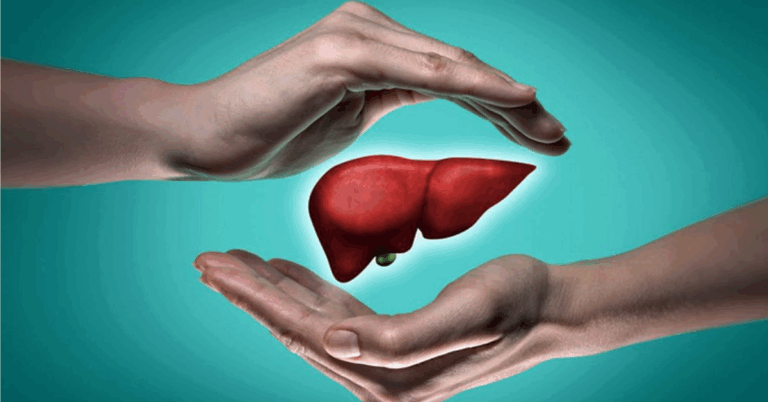Nanotechnology in Medicine: Applications and Future Prospects
Nanoparticles have emerged as promising vehicles for drug delivery due to their unique properties at the nanoscale level. These tiny particles exhibit high surface area-to-volume ratio, allowing for efficient loading of therapeutic drugs. Moreover, nanoparticles can be functionalized with targeting ligands to specifically deliver drugs to diseased cells, minimizing off-target effects and enhancing treatment efficacy.
In addition to their drug-carrying capacity, nanoparticles can also protect drugs from degradation in the body, prolonging their circulation time and improving bioavailability. By encapsulating drugs within nanoparticles, researchers can control the release kinetics and optimize the therapeutic effect. The tunable nature of nanoparticles allows for customization of drug delivery systems tailored to the specific needs of different diseases, opening up new avenues for precision medicine.
Enhancing Imaging Techniques with Nanotechnology
Nanotechnology has revolutionized the field of medical imaging by offering innovative solutions for enhancing imaging techniques. Nanoparticles have shown great promise in improving the resolution and sensitivity of imaging modalities such as MRI, CT scans, and ultrasound. By incorporating nanoparticles into contrast agents, researchers have been able to achieve better visualization of tissues and organs, leading to more accurate diagnoses.
Moreover, nanotechnology has enabled the development of targeted imaging probes that can specifically bind to certain cells or biomarkers within the body. This targeted approach allows for a more precise and detailed imaging of specific areas, enhancing the detection and monitoring of diseases. The ability to customize nanoparticles with different properties and functionalities has opened up new possibilities for personalized imaging techniques, offering a tailored approach for each patient’s unique health needs.
Nanotechnology in Cancer Treatment
Nanotechnology has revolutionized the field of cancer treatment by offering innovative approaches to combat this complex disease. Nanoparticles, due to their small size and tailored properties, have shown great promise in enhancing the effectiveness of conventional cancer therapies. These tiny particles can be engineered to deliver drugs directly to cancer cells, minimizing damage to healthy tissues and reducing side effects.
Furthermore, nanotechnology enables targeted drug delivery systems that can improve the overall outcomes of cancer treatment. By functionalizing nanoparticles with specific ligands or antibodies, researchers have been able to precisely target cancer cells and deliver therapeutic agents with higher efficiency. This targeted approach not only increases the efficacy of treatment but also reduces systemic toxicity, making it a promising avenue for the future of cancer therapy.







